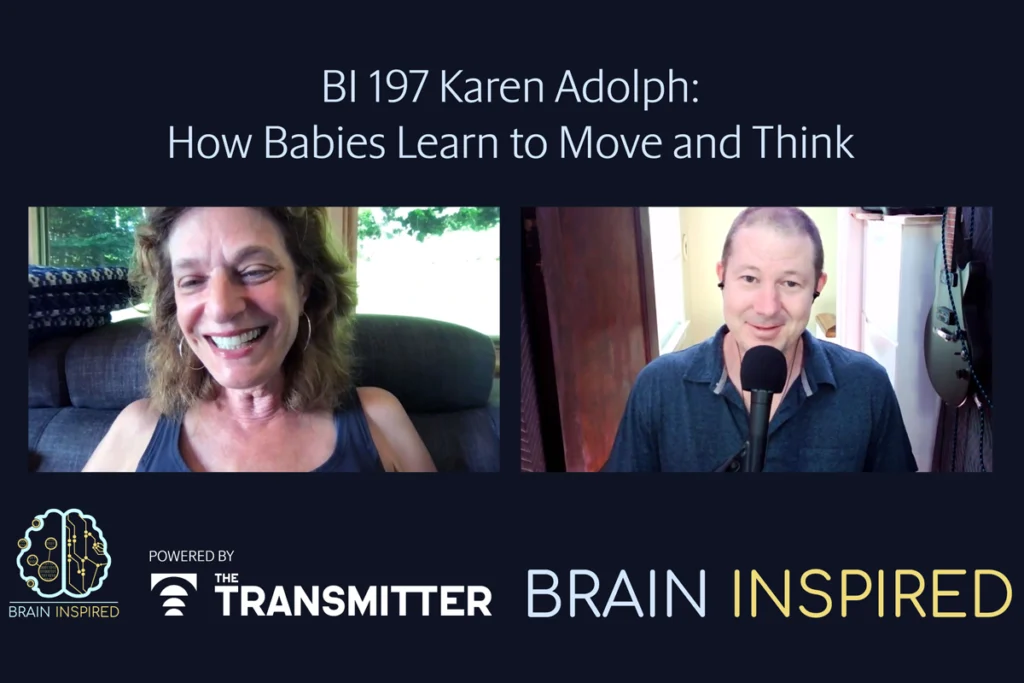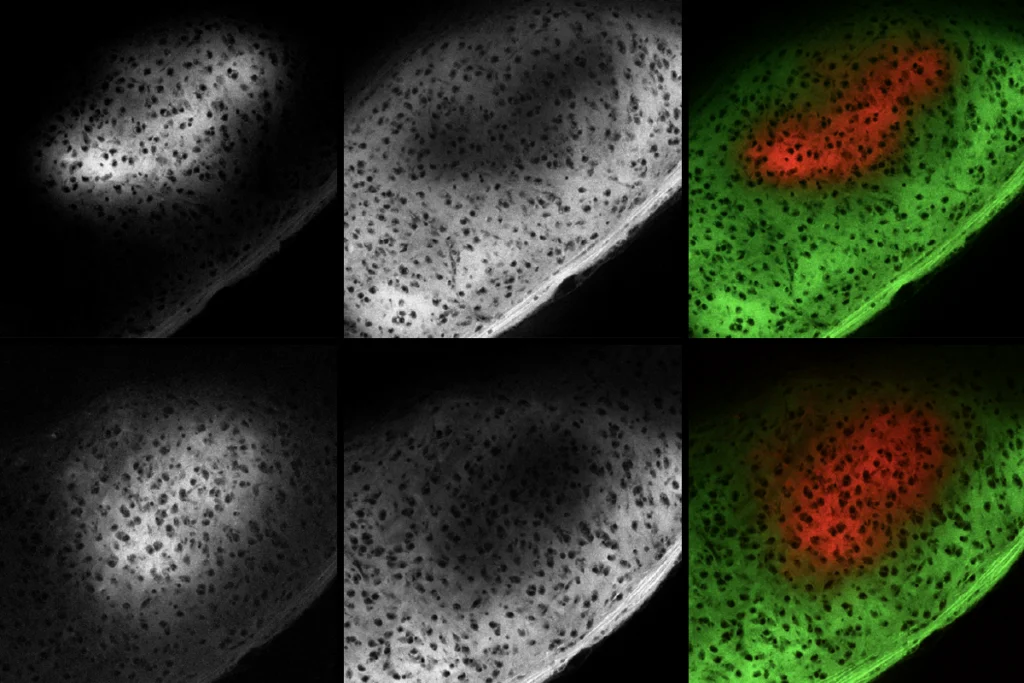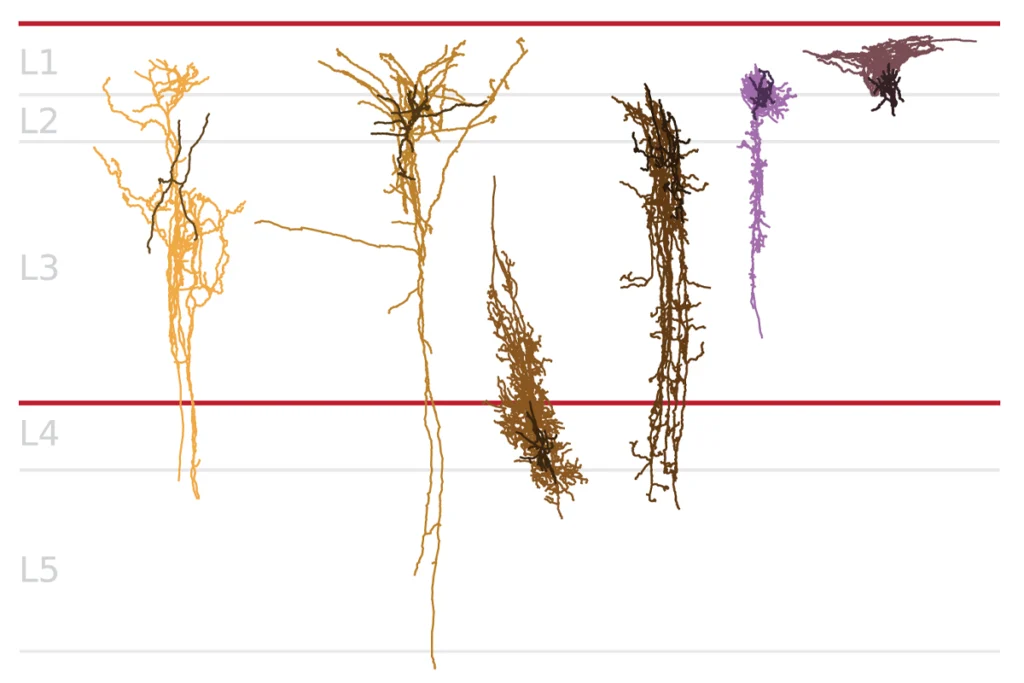Tom Chivers is a London-based science writer. He grew up in Oxford, before graduating from the University of Liverpool with a first-class degree in philosophy; he then took a Master’s degree at the King’s College London Centre of Medical Law and Ethics. He worked for the Daily Telegraph for seven years from 2007 to 2014, and was a science writer at BuzzFeed UK from 2015 to 2018. He has received several awards for his journalism, including the ‘Explaining the facts’ category in the Royal Statistical Society’s Statistical Excellence in Journalism awards, and was nominated for the British Journalism Award in science writing in 2017. His first book, The Rationalists: Artificial intelligence and the geeks who want to save the world, will be published by Weidenfeld & Nicolson in summer 2019.
Tom Chivers
From this contributor
Studying genetics in the age of big data
New biomedical techniques, like next-generation genome sequencing, are creating vast amounts of data and transforming the scientific landscape.

Studying genetics in the age of big data
Explore more from The Transmitter
Karen Adolph explains how we develop our ability to move through the world
How do babies' bodies and their environment teach them to move—and how can robots benefit from these insights?

Karen Adolph explains how we develop our ability to move through the world
How do babies' bodies and their environment teach them to move—and how can robots benefit from these insights?
Microglia’s pruning function called into question
Scientists are divided over the extent to which the cells sculpt circuits during development.

Microglia’s pruning function called into question
Scientists are divided over the extent to which the cells sculpt circuits during development.
Early trajectory of Alzheimer’s tracked in single-cell brain atlases
Inflammation in glia and the loss of certain inhibitory cells may kick off a disease cascade decades before diagnosis.

Early trajectory of Alzheimer’s tracked in single-cell brain atlases
Inflammation in glia and the loss of certain inhibitory cells may kick off a disease cascade decades before diagnosis.